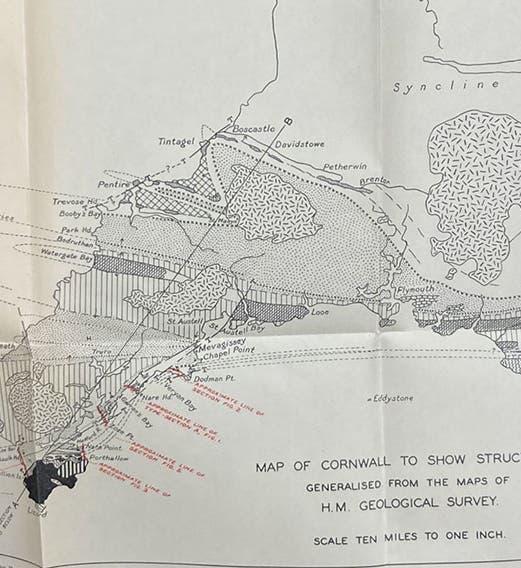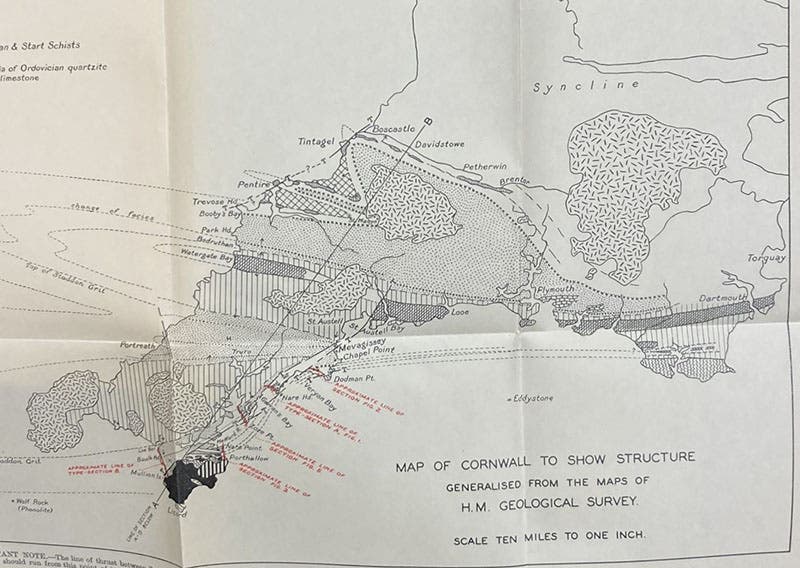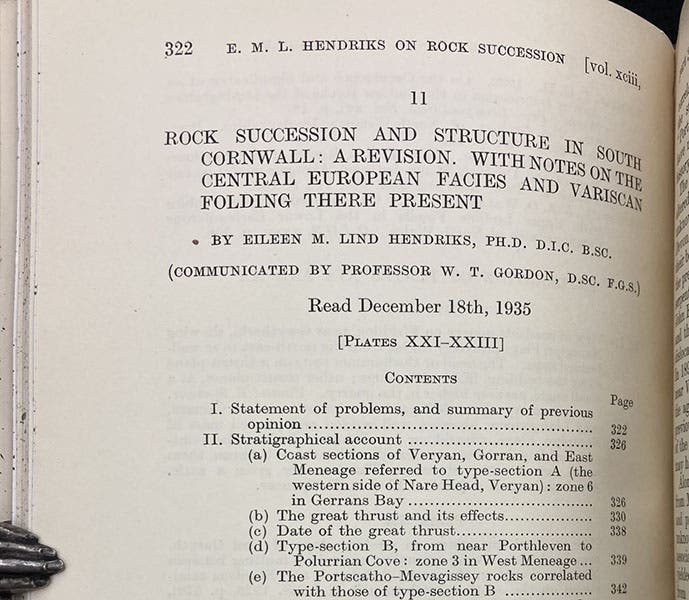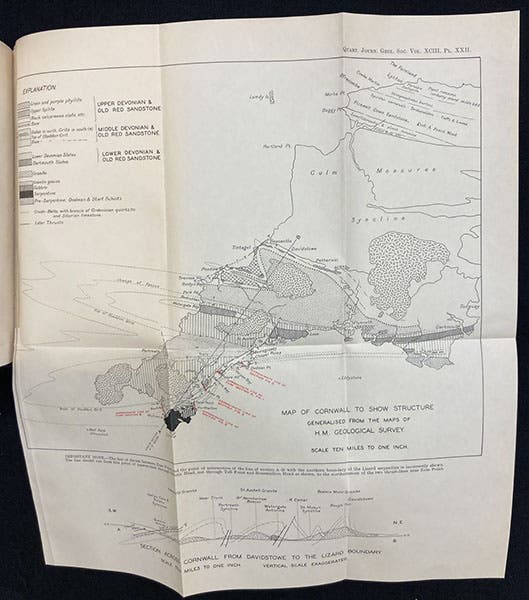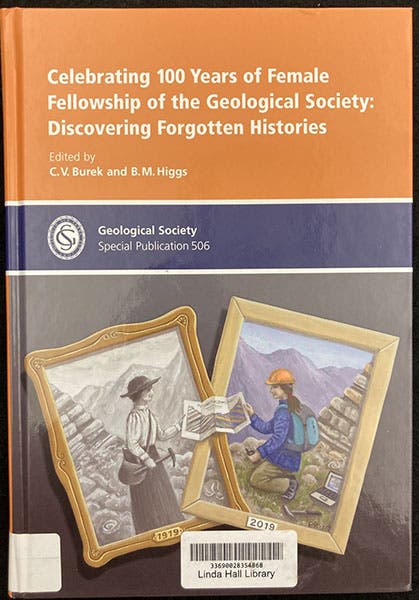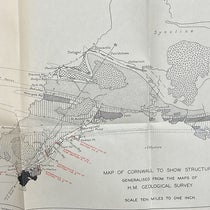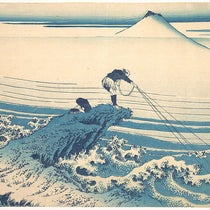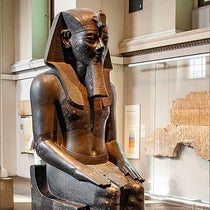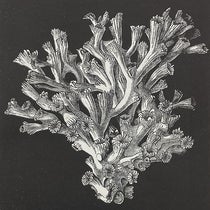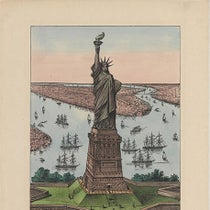Scientist of the Day - Eileen M. Lind Hendriks
Eileen Mary Lind Hendriks, an English geologist, was born Nov. 3, 1887, in Edgbaston, Birmingham, into a well-to-do middle-class family. Her father, a surveyor, was an amateur geologist, and the family used to take field trips down into Cornwall and Devon. She attended geological lectures by Charles Lapworth, who was getting on in years but noted as the discoverer of the Ordovician System.
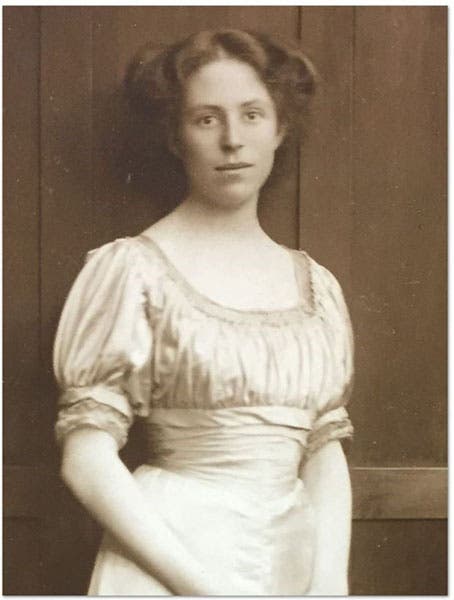
Portrait of Eileen M. Lind Hendriks from the archives of the Geological Survey, reproduced in Celebrating 100 years of Female Fellowship of the Geological Society: Discovering Forgotten Histories, edited by C.V. Burek and B.M. Higgs, Geological Society Special Publication no. 506, p. 172, 2021 (Linda Hall Library)
Life changed abruptly when her father died suddenly in 1914, and she and her mother had to subsist on a small trust fund. She decided to get some formal schooling, attending the University College of Wales at Aberystwyth, where she received her degree in geology in 1919. She was, however, 31 years old.
Hendriks worked on some projects for the Geological Survey, cataloguing photographs, but she was unable to get a regular position there. She embarked on a PhD program at Imperial College London, studying the convoluted rock formations at the Lizard Peninsula at the very southern tip of Cornwall, and she received her degree in 1932. She was now 45 years old. Her supervisors praised her work – she discovered tiny fossils in the Cornish rocks which no one else had spotted, and she found traces of fossil wood that allowed her to date certain rocks as Devonian. But she was never able to obtain an academic position.
It is easy to see Hendriks gender as an obstacle – I am sure that closed many doors, as did her age. But she had other problems of her own making. The papers she wrote for publication were 3 or 4 times too long, and she resisted editorial advice to cut them down. As a result, she published only one paper in a proper journal, an essay on rock structure and succession in south Cornwall, which grew out of her PhD thesis, and which appeared in the of the Quarterly Journal of the Geological Society of London in 1937. It included a handsome folding map, which I understand was a Geological Survey map with her own discoveries added in (fourth image). In a detail, the Lizard Peninsula is the small area in black at the very left (first image).
With no institutional support, she (and her mother) moved to Cornwall, and she worked there, on her own, until her death in 1978, at the age of 91. She was a regular attendee of meetings of the Geological Society of Cornwall, and by the mid-1950s, she began to receive awards, recognizing her for her geological investigations in Cornwall and Devon. She was always in dire financial straits, and colleagues arranged for small pensions and grants to help her out.
In 1965, she received the R. H. Worth Prize, which seems to have upset her, and for good reason, as it was given to a deserving amateur geologist. Hendriks was as professional as they come, but because she had no institutional association, she was lumped in with weekend amateurs. There was no designation back then for "independent scholars", such as we thankfully have now.
Hendriks seems to have had the respect of the young male geologists working in Cornwall in the 1950s and 60s, and hopefully that sustained her in waning years.
A recent publication of the Geological Society of London, Celebrating 100 years of Female Fellowship of the Geological Society: Discovering Forgotten Histories (2021) has a chapter on Hendriks, which is where I first learned about her (fifth image). Eight women geologists have chapters of their own, and dozens of others are introduced in group or thematic chapters. You can find this Special Publication in our Library, at this link.
William B. Ashworth, Jr., Consultant for the History of Science, Linda Hall Library and Associate Professor emeritus, Department of History, University of Missouri-Kansas City. Comments or corrections are welcome; please direct to ashworthw@umkc.edu.

